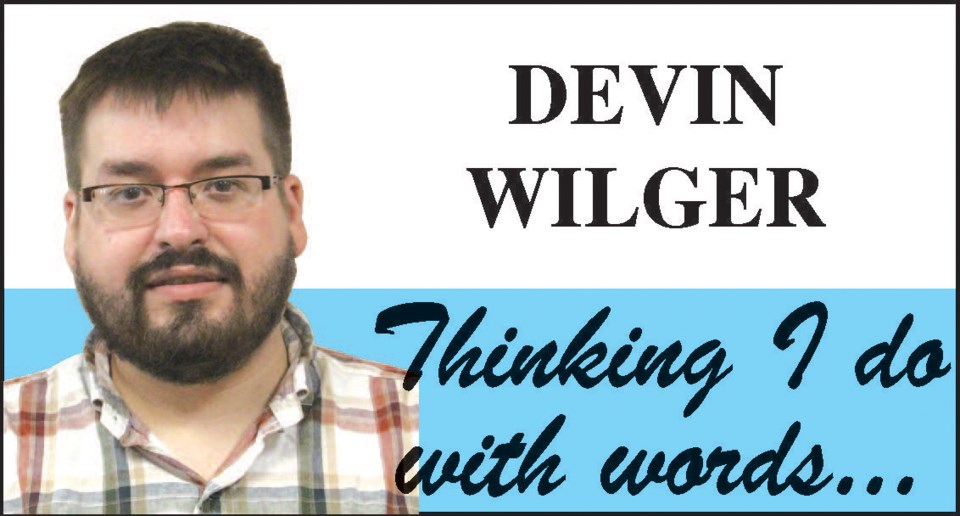Recently, I watched some of the series Ratched, which purports to be an origin story of Nurse Ratched from the film One Flew Over the Cuckoo’s Nest.
This premise is probably the weakest part of the show. Fans of the original film will quickly wonder what on earth the show’s Nurse Ratched - who gains a first name, a love interest, a murderer brother, a dark backstory, and other biographical details - has to do with the film’s version of the same. As an independent TV series, it could stand on its own as a bit of admittedly quite lurid entertainment. As a prequel to an existing work, one wonders if the creators had actually watched the original work, or just guessed based on her description as a nurse that is supposed to be a villain.
But the existence of the show speaks to a larger trend in entertainment, which is to give every villain in modern entertainment their own origin stories. The instinct is to explain the villain, why did they get to be that way? How can we understand this villain?
What nobody seems to question is whether or not there’s much of a reason to explore the villains in depth at all. In the case of Ratched, the character was as much a symbol as a character, the embodiment of authority, which is why she’s the foil to the anti-authority force embodied in Randle McMurphy, the main character of the film. She doesn’t really need much more explanation than her being the person in charge, and wanting to remain the person in charge. Her personal life outside of work isn’t particularly relevant to the story, and honestly I didn’t watch the original thinking that she must have an elaborate back story that would explain her actions.
But that’s the case with most of these villains, your understanding of the character isn’t actually enhanced by the extra fluff that an origin story brings with it. Not that these stories are necessarily bad - Joker won awards - but more that it’s a trend that doesn’t necessarily make any sense. Why is this character how they are? Does it even matter? Who actually cares?
In many cases, it’s a barrier to storytelling. Even in the better versions of these stories, knowing that important characters are going to disappear eventually, knowing that a positive character is going to turn negative, you spend more time waiting for the shoe to drop than you do actually engaging with the drama. In other cases, you become more focused on the inconsistency between the character you know and the character as presented, making it difficult to take the drama for what it is.
In fact, I would say that the people who I would recommend avoid this show are the very people it’s marketed towards, because they’re much more likely to get annoyed by the inconsistencies and the contradictions it introduces. It would have been better if it was allowed to be its own thing, but then it wouldn’t have been made. But maybe we need to focus more on new stories that can be their own thing rather than trying to add lurid explanations to stories that already exist.




